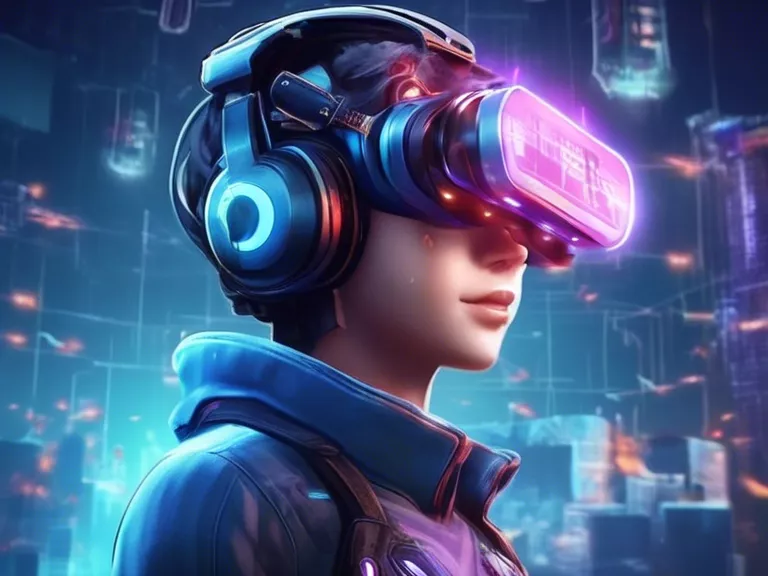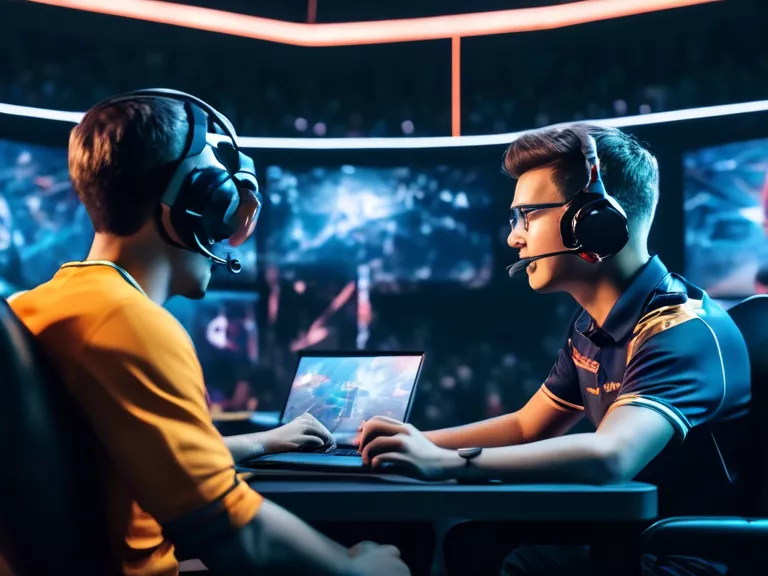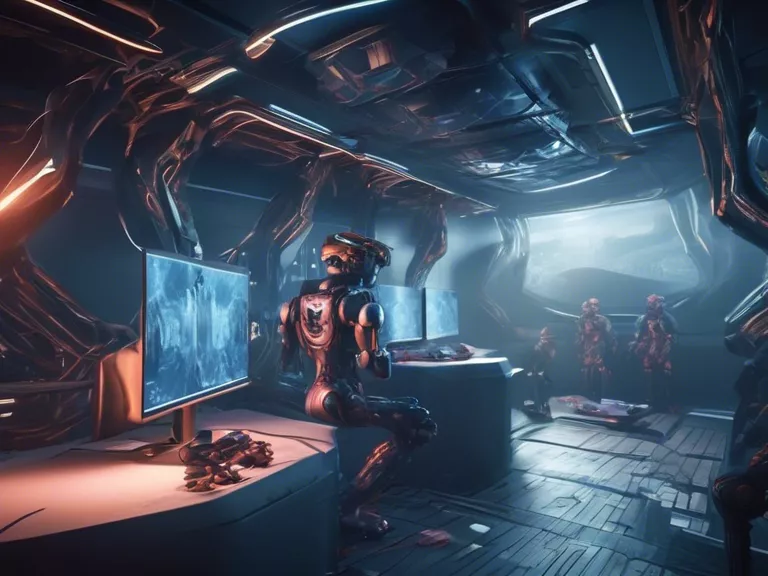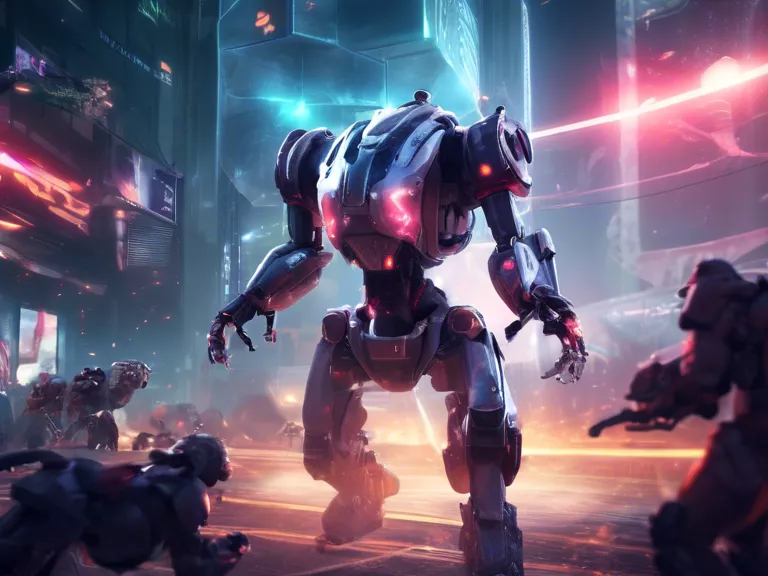
Artificial Intelligence (AI) is revolutionizing the gaming industry by personalizing game difficulty for players of various skill levels. Gone are the days of one-size-fits-all difficulty settings; AI algorithms now adapt to individual player capabilities, providing a customized gaming experience that challenges without frustrating. Let's explore how AI is reshaping game difficulty and enhancing player engagement.
Adapting to Player Skill Levels
Traditional games offered a limited number of difficulty settings, such as easy, medium, and hard. However, these presets often failed to account for the diverse range of player skills. With AI, games can now dynamically adjust difficulty in real-time based on the player's performance. For example, if a player consistently struggles with a particular level, the AI can make it easier by reducing enemy strength or increasing power-ups.
Learning Player Patterns
AI algorithms can analyze player behavior and adapt game difficulty accordingly. By monitoring factors like reaction time, decision-making, and in-game choices, AI can predict player patterns and adjust the gameplay to provide an optimal level of challenge. This personalized approach ensures that players are constantly engaged and motivated to improve.
Balancing Challenge and Enjoyment
One of the key benefits of AI-driven game difficulty is the ability to strike a balance between challenge and enjoyment. By tailoring the gameplay to individual skill levels, AI prevents players from getting stuck on frustratingly difficult levels or breezing through overly easy ones. This ensures that players remain immersed in the game and motivated to overcome obstacles.
Enhancing Replay Value
Personalized game difficulty also enhances the replay value of games. With AI adjusting the challenge level based on player progression, each playthrough can offer a fresh and engaging experience. This encourages players to replay the game multiple times, discovering new strategies and mastering different aspects of gameplay.
Future of Gaming
As AI continues to evolve, the personalization of game difficulty will become more sophisticated and nuanced. Developers are exploring ways to incorporate AI into various aspects of game design, from level creation to enemy behavior. This trend towards personalized gaming experiences is set to redefine the industry and cater to a wider audience of players.
In conclusion, AI is transforming game difficulty by tailoring challenges to individual player skill levels. This personalized approach enhances player engagement, replay value, and overall gaming experience. As technology advances, we can expect even greater levels of personalization in game design, making the future of gaming more exciting and dynamic than ever before.



